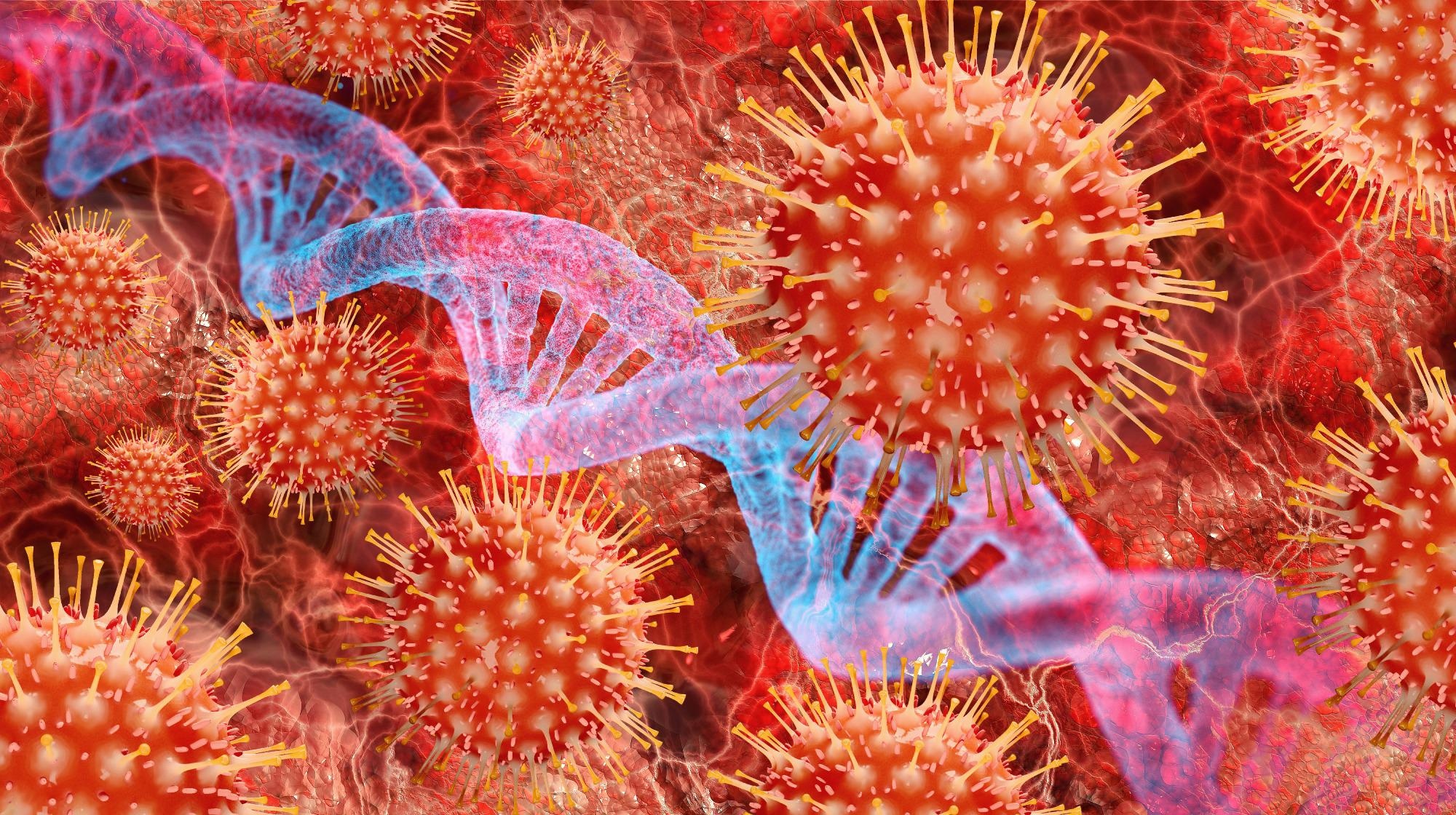
Image Credit: Shutterstock.com/MoVille
The revolutionary program has the capacity to detect the virus considerably faster than a PCR test, which normally takes a time of around 2 hours.
It is believed that the technology can find its ultimate use to help ease the strain on hard-pressed Accident and Emergency departments. This is done in countries where PCR tests are not easily accessible.
The X-ray technology has been preferred by the advanced technique, comparing scans to a database of nearly 3000 images belonging to healthy individuals, COVID-19 patients and people having viral pneumonia.
It also employs an AI process called a deep convolutional neural network, an algorithm normally utilized to examine visual imagery, to make a diagnosis. At the time of an extensive testing phase, the technique proved to be over 98% accurate.
Professor Naeem Ramzan, Director of the Affective and Human Computing for SMART Environments Research Centre at UWS, headed the three-person team behind the project, which also included Gabriel Okolo and Dr. Stamos Katsigiannis.
There has long been a need for a quick and reliable tool that can detect Covid-19, and this has become even more true with the upswing of the Omicron variant. Several countries are unable to carry out large numbers of Covid tests because of limited diagnosis tools, but this technique utilizes easily accessible technology to quickly detect the virus.
Naeem Ramzan, Professor and Director, Affective and Human Computing for SMART Environments Research Center, University of the West of Scotland
Ramzan continued, “Covid-19 symptoms are not visible in x-rays during the early stages of infection, so it is important to note that the technology cannot fully replace PCR tests. However, it can still play an important role in curtailing the viruses spread especially when PCR tests are not readily available.”
“It could prove to be crucial, and potentially life-saving, when diagnosing severe cases of the virus, helping determine what treatment may be required,” added Ramzan.
This is potentially game-changing research. It’s another example of the purposeful, impactful work that has gone on at UWS throughout the pandemic, making a genuine difference in the fight against Covid-19.
Milan Radosavljevic, Professor and Vice-Principal, Research, Innovation and Engagement, University of the West of Scotland
Professor Milan Radosavljevic added, “I am incredibly proud of the drive and innovation demonstrated by our internationally renowned academics, as they strive to find solutions to urgent global problems.”
Currently, the team plans to extend the study, integrating a bigger database of X-ray images obtained by various models of X-ray machines. This helps to assess the suitability of the method in a clinical setting.
Rapid Covid test.MP4
Video Credit: University of the West of Scotland.
Journal Reference:
Okolo, G. I., et al. (2021) On the Use of Deep Learning for Imaging-Based COVID-19 Detection Using Chest X-rays. Sensors. doi.org/10.3390/s21175702.